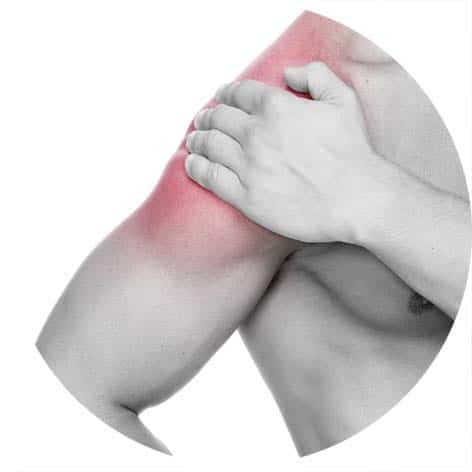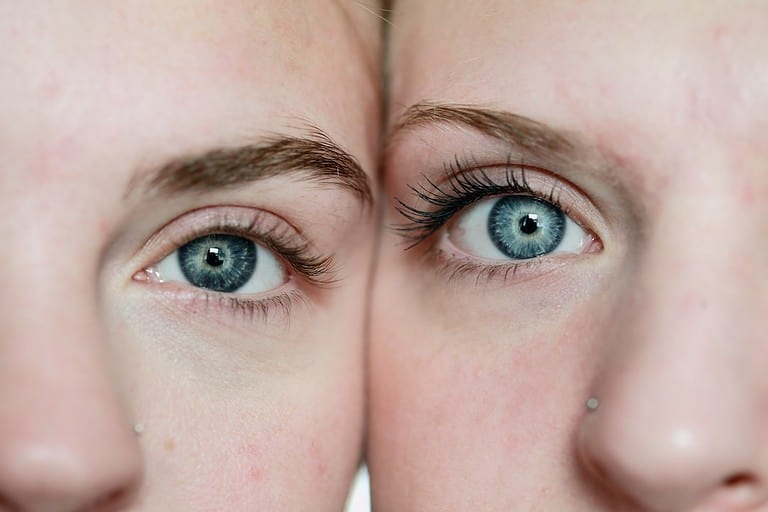Do You Have to Be Certified to Do Cryotherapy?
Cryotherapy is becoming increasingly popular as a way to improve overall health and well-being. But do you have to be certified to do cryotherapy?
Let’s take a look at the requirements for becoming certified cryotherapy technicians, what advantages come with certification, and whether or not having these credentials is actually necessary for your job.
Do you have to be certified to do cryotherapy? Let’s find out.
Table of Contents
What is Cryotherapy?
Cryotherapy is a therapeutic practice that involves exposing the body to extremely cold temperatures. It has been employed by various cultures for centuries and is now being embraced as a viable treatment option for reducing inflammation and improving circulation. The goal of cryotherapy sessions is to promote healing by stimulating the body’s natural processes.
Cryotherapy technicians typically apply ice packs or other cooling devices directly or expose the patient indirectly to liquid nitrogen vapor or cold air cryotherapy chambers.
Benefits of Cryotherapy
- Reduced inflammation.
- Improved blood flow.
- Increased energy levels.
- Better sleep quality.
- Improved immune system function.
- Faster muscle recovery after physical activity.
- Enhanced skin tone and elasticity.
- Enhanced relaxation due to the release of endorphins.
Cryotherapy can provide numerous advantages to both your physical and mental well-being, but it’s important to find qualified cryotherapy technicians to do the job.
What Does a Cryotherapy Technician Do?
Preparing Patients for Treatment
Cryotherapy technicians must ensure that patients are properly prepared before beginning a treatment session. This includes obtaining patient medical histories, explaining the procedure, answering any questions they may have, and helping them get into the appropriate position for the cryotherapy machine to be used safely and effectively.
They also check vital signs such as heart rate and blood pressure to make sure it is safe for the patient to receive treatment.
Additionally, they may need to apply protective pads or creams prior to treatments in order to protect the skin from extremely cold temperatures during therapy sessions.
Administering Treatments
Once a patient is ready, cryotherapy technicians will operate the equipment according to the manufacturer’s instructions while monitoring their progress throughout the session. During this time they will adjust settings to minimize discomfort or side effects like frostbite or hypothermia which can occur if the treatment is not done correctly.
Afterward, they will provide post-treatment care such as applying ointment or wrapping an affected area with bandages before endorsing the patient to the healthcare provider on duty.
Maintaining Equipment and Supplies
Technicians must regularly inspect all machines and supplies to ensure they meet safety standards. These include:
- Tanks of liquid nitrogen that generate temperatures below freezing point.
- Monitors that register temperature levels.
- Valves controlling flow rates.
- Hoses linking components together.
- Gauges measuring pressure levels.
- Thermometers that verify the precision of readings taken.
- Gloves to shield hands from extreme cold exposure.
- Face masks for working near hazardous materials like nitrogen gas.
They are also in charge of keeping records on the maintenance of cryotherapy equipment so repairs can be made swiftly if issues emerge.
Cryotherapy Technician Salary and Job Outlook
The average annual salary for a cryotherapy technician ranges from $35,000 to $45,000 per year depending on the size of the business and geographic location. In larger cities such as New York City and Los Angeles, salaries may be higher due to the increased demand.
In addition to base pay, some employers also offer bonuses based on performance or years of service which can further increase your earning potential.
Employment of cryotherapy technicians is expected to grow at an average rate of about 6% which could translate to approximately 8500 new jobs, making it one of the fastest-growing occupations in healthcare today.
For those who want to try this as a profession, the first question is do you have to be certified to do cryotherapy?
(Source)
Do You Have to Be Certified to Do Cryotherapy?
When it comes to cryotherapy technician job requirements, most states require some sort of licensure or certification before you are able to work in the cryotherapy business. Obtaining formal training and education from a recognized institution is also necessary.
To become certified cryotherapy technicians, you must have at least a high school diploma or equivalent and complete specialized courses related to anatomy, physiology, or pharmacology.
Many states may also require additional certifications such as CPR/First Aid Certification or even Advanced Cardiac Life Support (ACLS) Certification before allowing someone to practice cryotherapy professionally.
Cryotherapy is a safe and effective way to improve physical health when used properly. Gaining proficiency in cryotherapy requires effort and dedication, but it can be a satisfying experience for those who put in the work.
How Can I Become Certified in Cryotherapy?
There are two paths to becoming certified in the cryotherapy industry: through an accredited institution or self-study.
Accredited institutions provide courses that teach everything from basic safety protocols to advanced techniques used in cryotherapy chambers. The coursework includes lectures, hands-on training with equipment, and supervised practice sessions.
To become certified through an accredited institution, applicants must pass a written exam and demonstrate their proficiency in administering treatments safely and effectively during practical exams.
Self-study involves researching materials online or purchasing textbooks on cryotherapy theory and practice before taking a comprehensive final exam administered by a qualified professional or organization such as the National Association for Cryosurgery (NAC).
Costs vary depending on the program you choose. It can range from several hundred dollars up to thousands of dollars covering tuition fees and additional expenses such as books and materials.
Depending on whether one chooses an accredited school or pursues self-study, time commitments also vary greatly ranging from a week to several months or even years depending on individual circumstances. All things considered, most individuals who choose this career path find that it is worth every penny spent.
Gaining certification in cryotherapy is an investment of both time and money, but can be beneficial for those aiming to enhance their reputation and expertise. With the knowledge gained from certification, practitioners are able to provide more comprehensive services with access to advanced techniques and equipment.
Benefits of Being Certified in Cryotherapy
Being certified in the cryotherapy industry can provide a number of benefits for professionals.
Increased credibility and professionalism are two major advantages that come with certification.
Having the right credentials allows you to stand out from other practitioners, which can give potential clients confidence in your abilities.
Certification in the cryotherapy industry shows that you have devoted effort to studying the practice and its potential hazards and rewards, offering clients assurance when choosing you for cryotherapy treatments.
Having access to advanced techniques and cryotherapy equipment is another benefit of being certified in cryotherapy. Certified practitioners often possess the capability to adopt modern technologies, thus providing superior care for their patients. This includes having access to cryotherapy centers that may not be available without certification.
Conclusion
Cryotherapy is typically a safe and successful way of managing many medical problems. But do you have to be certified to do cryotherapy?
Although you can practice cryotherapy without official certification, becoming certified provides you with more knowledge about this therapy so that you can administer treatments confidently and effectively. Certification also ensures that you have access to the latest cryotherapy research so you can offer clients better care options tailored to their specific needs.
Are you looking for ways to make your family healthier and more independent? Smart Living Now offers comprehensive resources on cryotherapy, so explore our website today to find the best-certified solutions that fit your needs.







